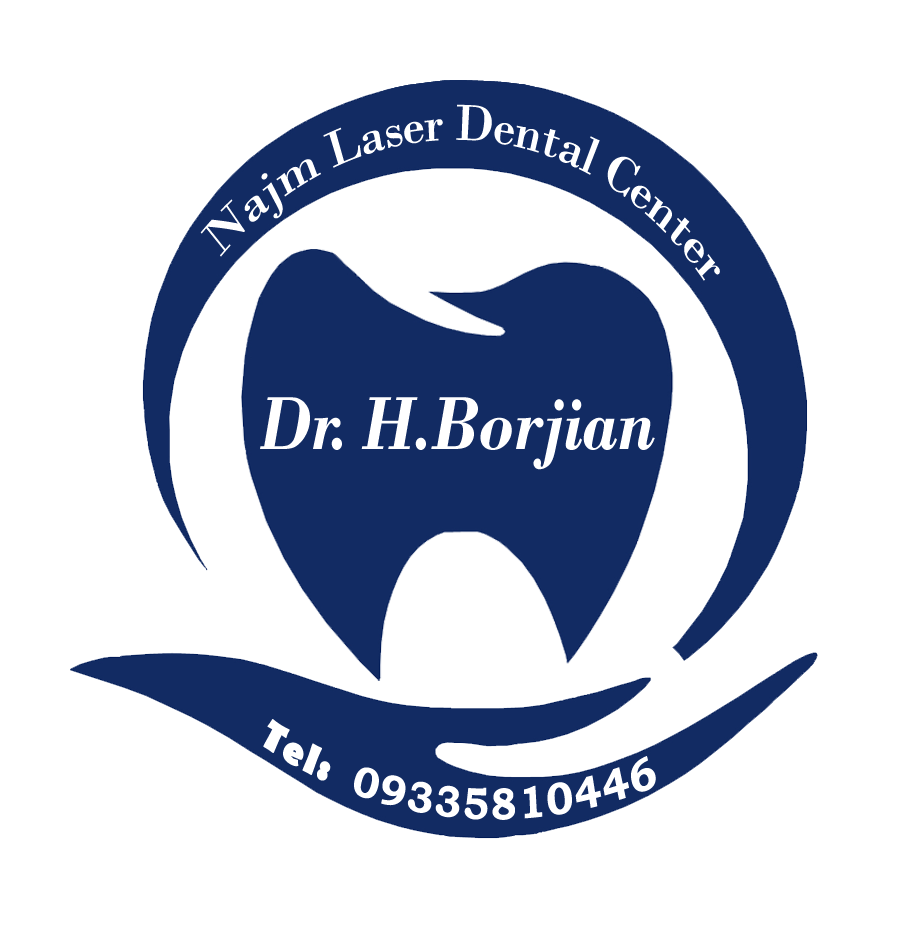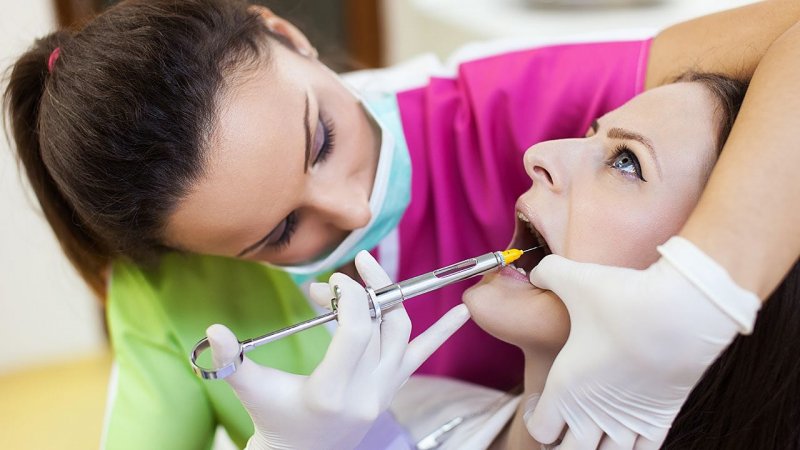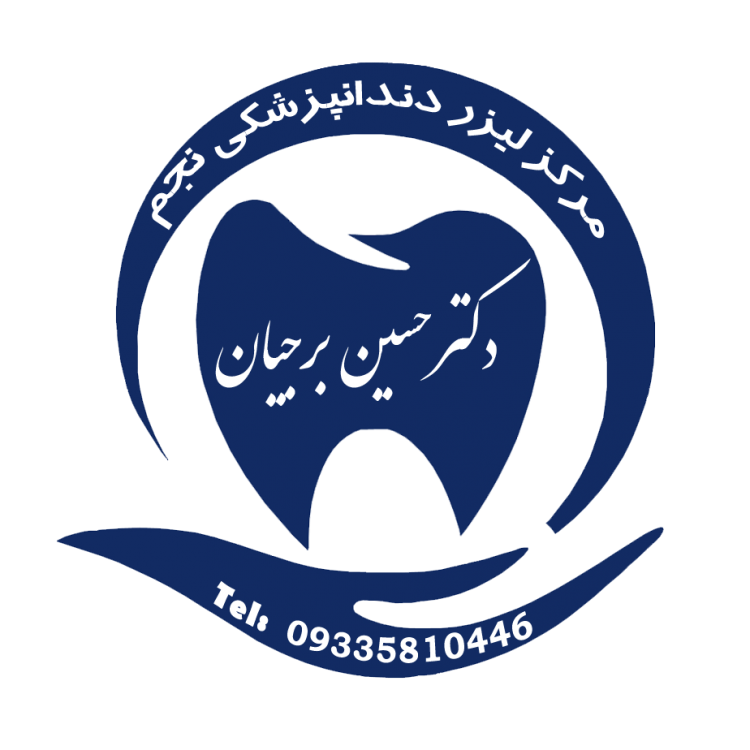Investigating the risks and side effects of dental anesthesia injection
Complications caused by dental anesthetic injection depend on the type of anesthesia used. General anesthesia carries more risks than local anesthesia or sedation. Reactions also vary based on individual factors. In this article from Dr. Hossein Borjian's website The best dentist in Isfahan We examine the risks and side effects of dental anesthesia injection.
Some of the reported side effects of sedatives and general anesthesia include::
- Headache
- dizziness
- tiredness
- numb
- Tongue tie
- Hallucinations, delusions, or confusion
- Sweating or shaking
- Nausea or vomiting
- Dry mouth or sore throat
- Pain at the injection site
- jaw lock (Trismus) Caused by surgery in which the amount of jaw opening is temporarily reduced.
Vasoconstrictors such as epinephrine added to anesthetics can also cause heart problems and high blood pressure.. These are some of the reported side effects of anesthetics and dental anesthesia ampoules. Ask your dentist about specific medications and any concerns about anesthesia.
Special precautions about dental anesthesia ampoule
There are circumstances and situations where you and your doctor or dentist should discuss whether the ampoule tooth numbness It is up to you to decide whether it is the best choice for you. Treatment satisfaction is an important part of treatment. Ask your doctor or dentist about the risks and the precautions and safety measures that will be taken to ensure a positive outcome of the treatment.
pregnancy
If you are pregnant, your dentist or surgeon will discuss the risks of anesthetics to you and your baby.
People with special conditions
Children and people with special needs need a careful assessment of the type and level of anesthesia they need. In children, there may be a need to adjust the dose to prevent side effects or overdose. US Food and Drug Administration (FDA) It has issued a warning about anesthetics commonly used for tooth extractions. These products are for use in the following children 2 Sal are not safe. Do not use these drugs without consulting a specialist. Children and adults with special conditions may have other medical complications that increase the risks of anesthesia. For example, one study in children with cerebral palsy showed the highest number of airway-related adverse events from general anesthesia.

Adults and the elderly
Elderly people with certain underlying diseases may require dose adjustment and close monitoring during and after surgery to ensure patient safety and well-being.. Some people may experience delirium or confusion and memory problems after surgery.
Liver, kidney, lung or heart problems
People with liver, kidney, lung or heart problems may need to adjust the dose. Because it may take longer for the drug to be eliminated from the body, and as a result, it will have a stronger and more effective effect.
Some neurological diseases
If the patient has a history of stroke, Alzheimer's disease, Parkinson's disease, thyroid disease, or mental illness, the risk of complications may increase with general anesthesia..
The Instagram page of Dr. Hossein Borjian, the best dentist in Isfahan
Other conditions
Be sure to let your dental team know if you have a history of hiatal hernia, acid reflux, infection or open mouth sores, allergies, severe nausea and vomiting from anesthetics, or are taking medications that can make you drowsy.. There are also risks for people with::
- convulsions
- obesity
- sleep apnea
- heart problems
- high blood pressure
- Gastric bypass surgery
- chronic obstructive pulmonary disease (COPD)
- Children with attention or behavior disorders
- Substance abuse or substance use disorder
These people are at a higher risk for complications caused by the dental anesthetic injection.
Attention :
- The scientific accuracy of the above article should be consulted with Dr. Borjian, a specialist, in person Gum and bone grafting be confirmed.
- This article was managed and published by the site admin.
Read more :
A few questions about the use of mouthwash
Complications of wisdom tooth extraction surgery
Effective factors in increasing the lifespan of implants



